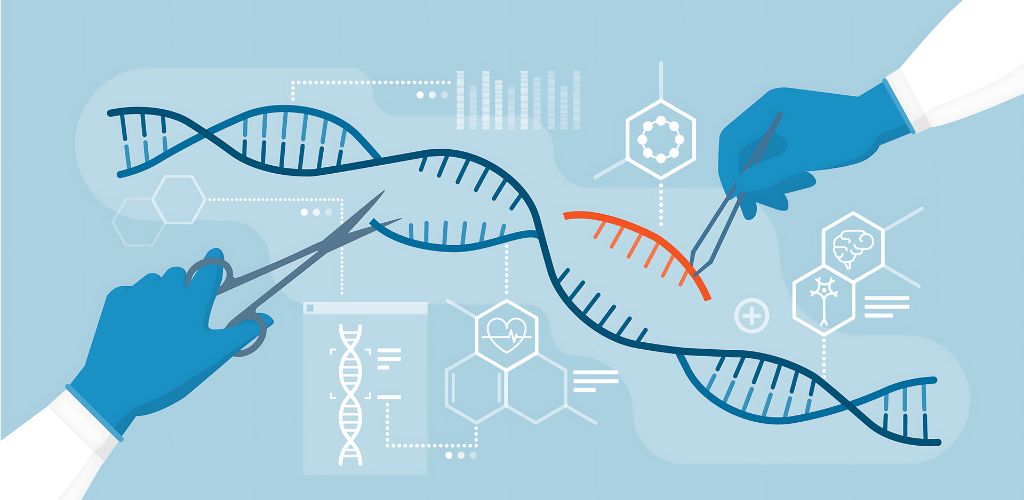The field of synthetic genomics has emerged as a groundbreaking discipline that combines biology, engineering, and computer science to engineer living organisms for various applications. With advancements in gene editing technologies like CRISPR-Cas9 and the decreasing cost of DNA synthesis, synthetic genomics has gained momentum, paving the way for a new era in biotechnology and engineering life itself.
Synthetic genomics is fundamentally about designing, constructing, and modifying biological systems at the DNA level. It allows scientists to rewrite the genetic code of organisms, creating useful products and driving innovation across a wide range of industries such as healthcare, agriculture, and energy.
Advancements in Synthetic Genomics
In recent years, synthetic genomics has made significant strides in the creation of novel organisms with enhanced functionalities. Scientists have successfully engineered bacteria capable of producing biofuels, such as ethanol or biodiesel, which hold promise for a sustainable future. This breakthrough has the potential to revolutionize the energy industry by offering cleaner and more efficient alternatives to fossil fuels.
Furthermore, synthetic genomics is being utilized to combat diseases and develop new treatments. By modifying the genetic code of organisms, scientists can create new drugs or vaccines that target specific diseases, improving patient care and revolutionizing the healthcare sector. Synthetic biology applications have also been successful in the agricultural field, with engineered crops that are more resistant to pests, diseases, or harsh environmental conditions. These advancements strive to increase food security and address global challenges posed by climate change.
Challenges and Ethical Considerations
As with any emerging technology, synthetic genomics also presents challenges and ethical considerations. The ability to manipulate the genetic code raises concerns about safety and potential unintended consequences. Proper regulation and guidelines are necessary to ensure that synthetic organisms do not pose risks to human health or the environment.
Ethical concerns surrounding the creation of genetically modified organisms (GMOs) also arise in the context of synthetic genomics. Balancing the benefits of engineered organisms with potential ecological and bioethical impacts requires careful consideration and public discourse.
Future Implications and Opportunities
The rise of synthetic genomics opens up a world of possibilities for engineering life. As the field continues to evolve, we can expect further advancements in personalized medicine, where treatments are tailored to an individual’s genetic makeup. Synthetic biology can potentially unlock cures for currently incurable diseases and transform healthcare as we know it.
Synthetic genomics also offers promising prospects in environmental remediation, where engineered microorganisms could be deployed to clean up pollutants or break down harmful substances. Additionally, the ability to engineer living organisms for industrial purposes has the potential to revolutionize manufacturing, making processes more sustainable and eco-friendly.
In conclusion, synthetic genomics is an emerging field that holds tremendous potential for transforming various industries and engineering life itself. Its applications in healthcare, agriculture, energy, and beyond are already making a significant impact on society. However, it is essential to approach synthetic genomics with caution, ensuring proper regulation and ethical considerations are in place to safeguard human health and the environment. With responsible development and continued advancements, the future of synthetic genomics looks extremely promising, offering a new horizon of possibilities for humanity.





Appreciate it for all your efforts that you have put in this. very interesting information.